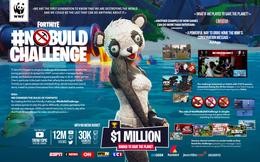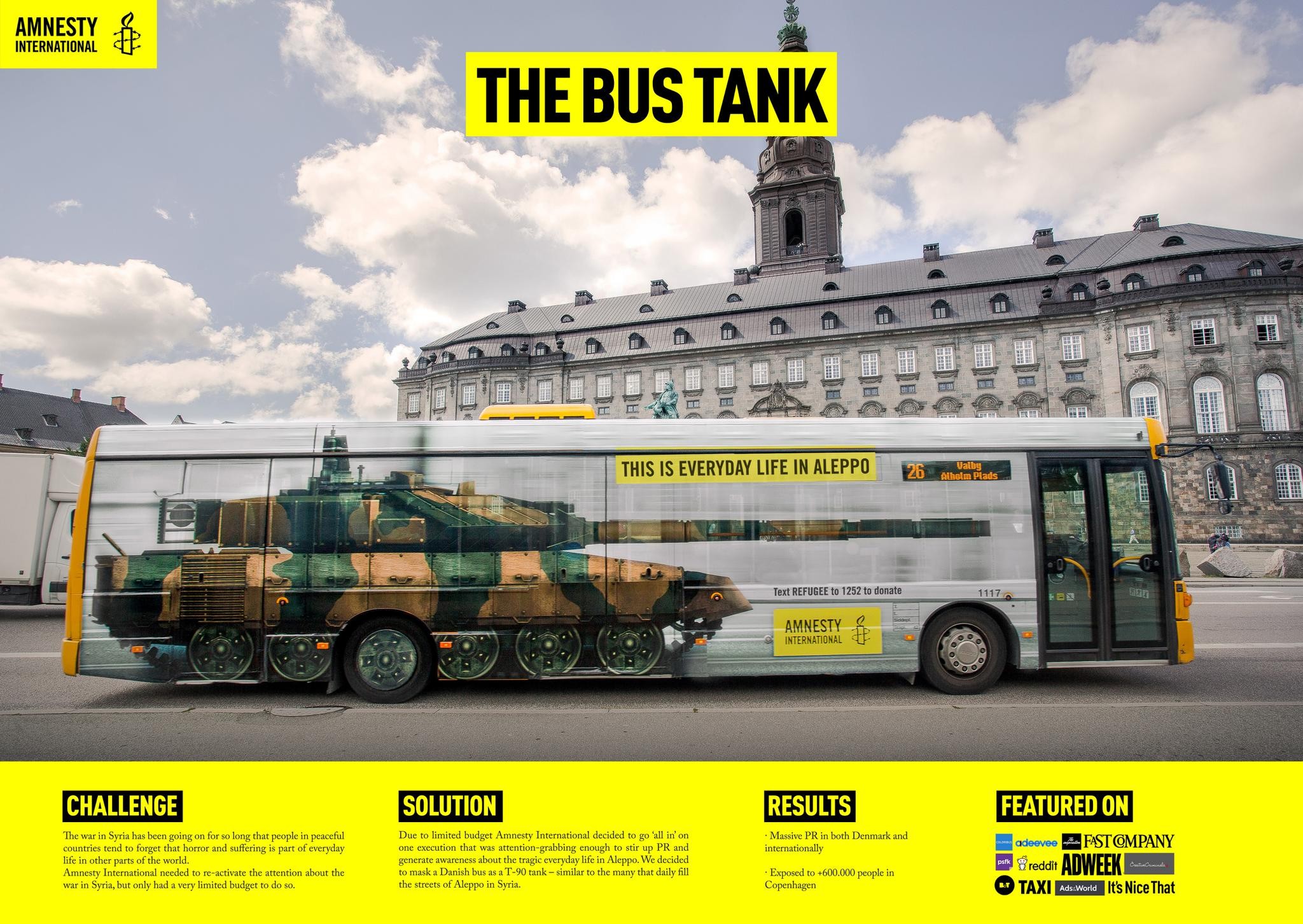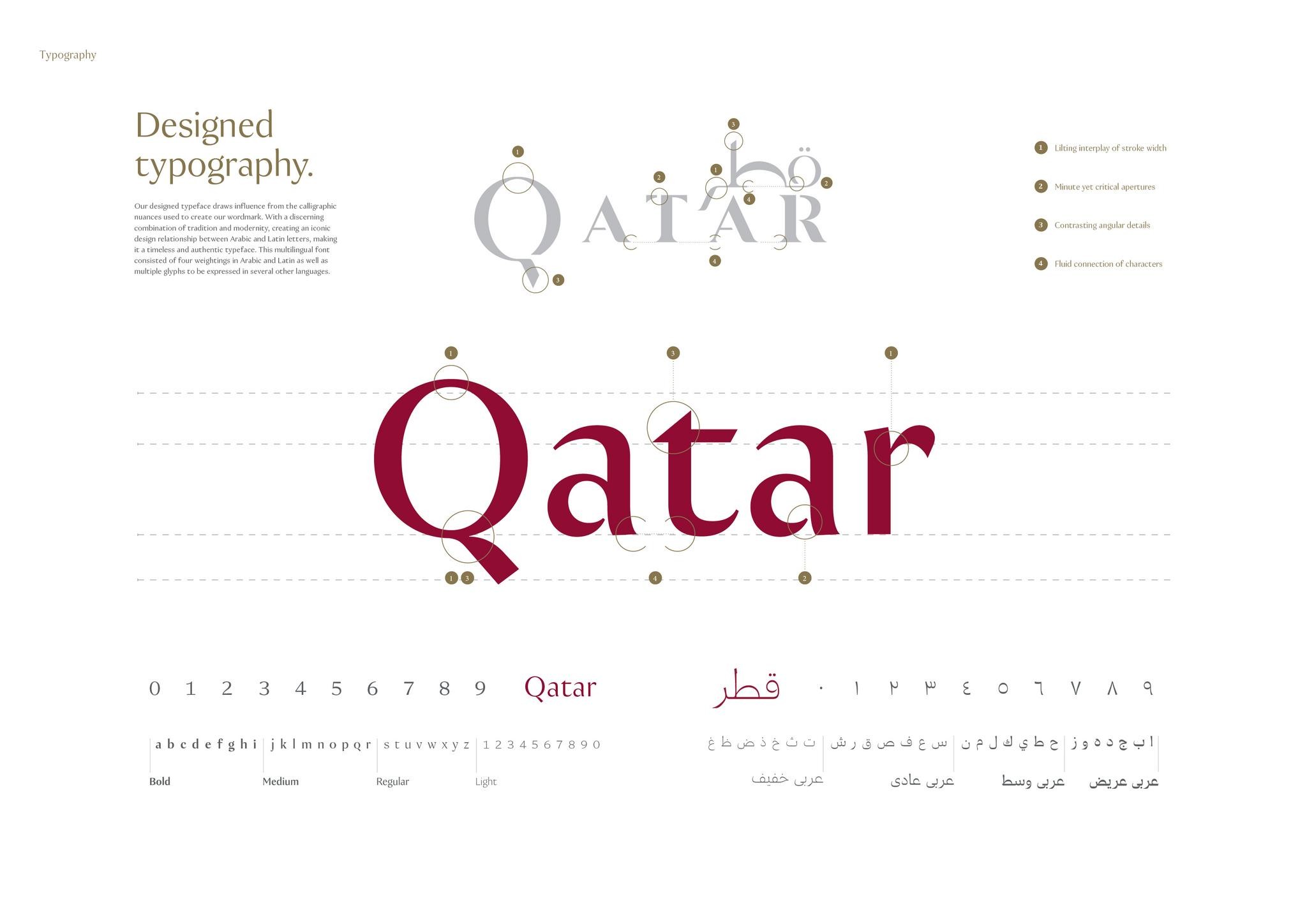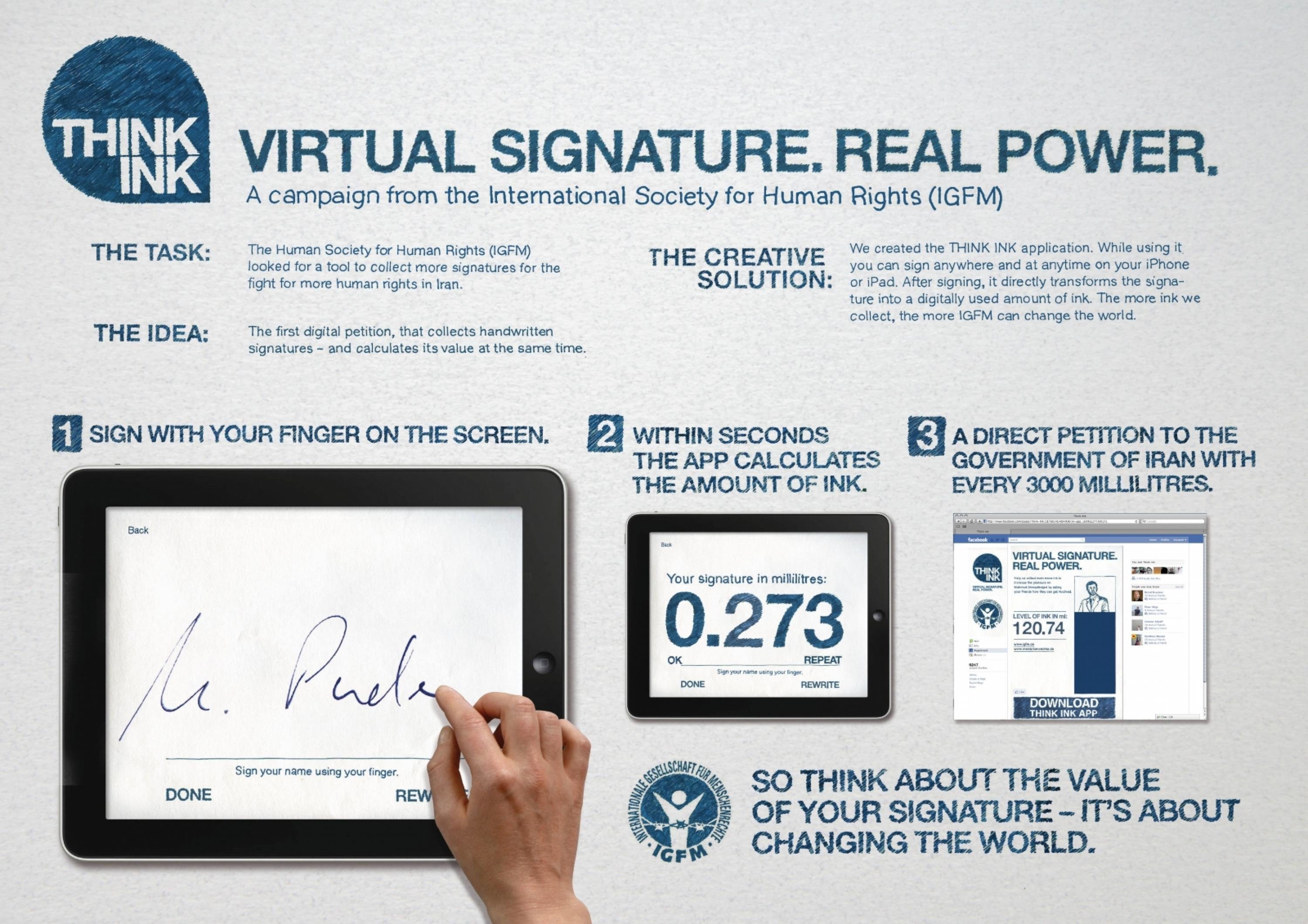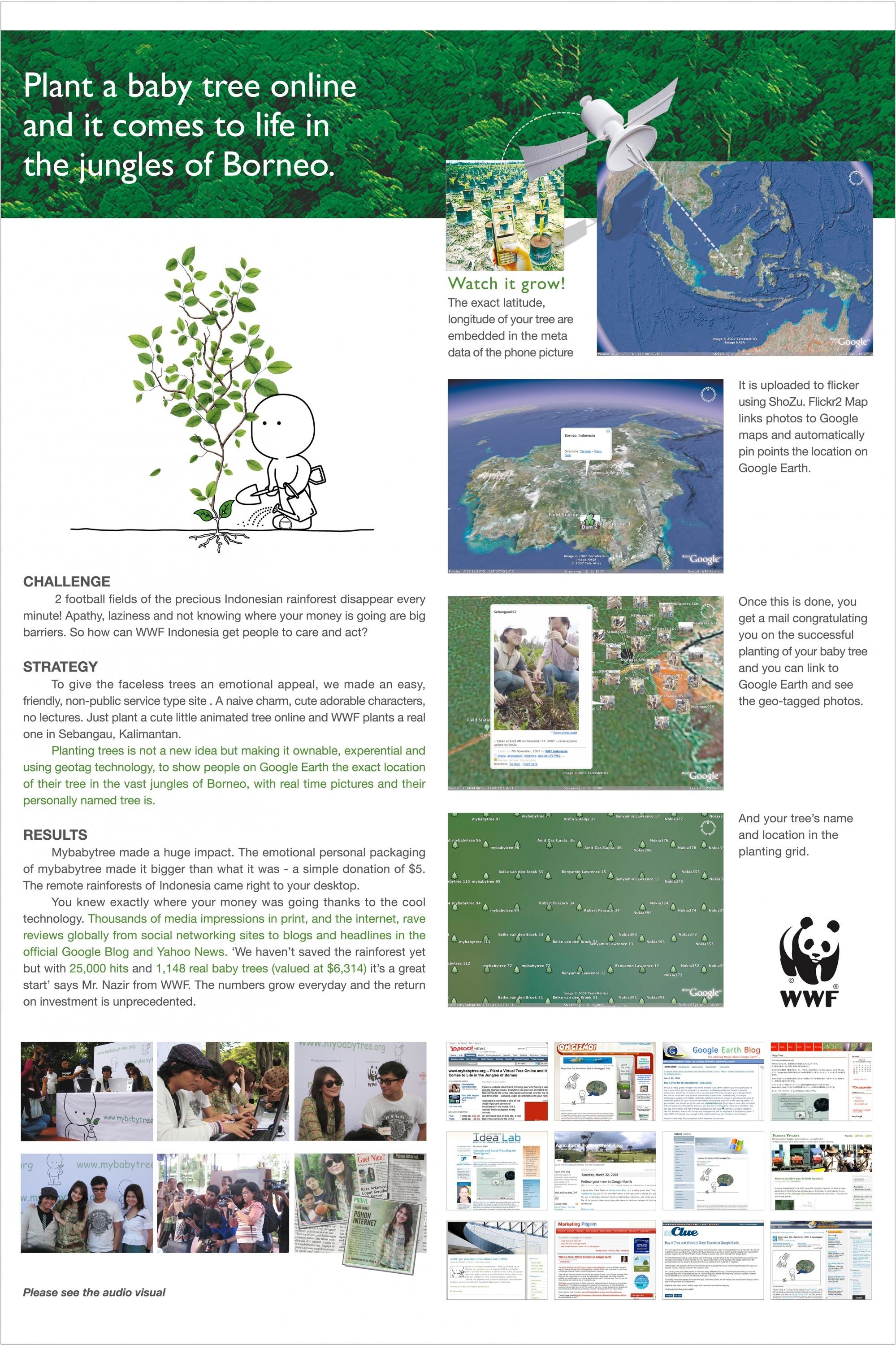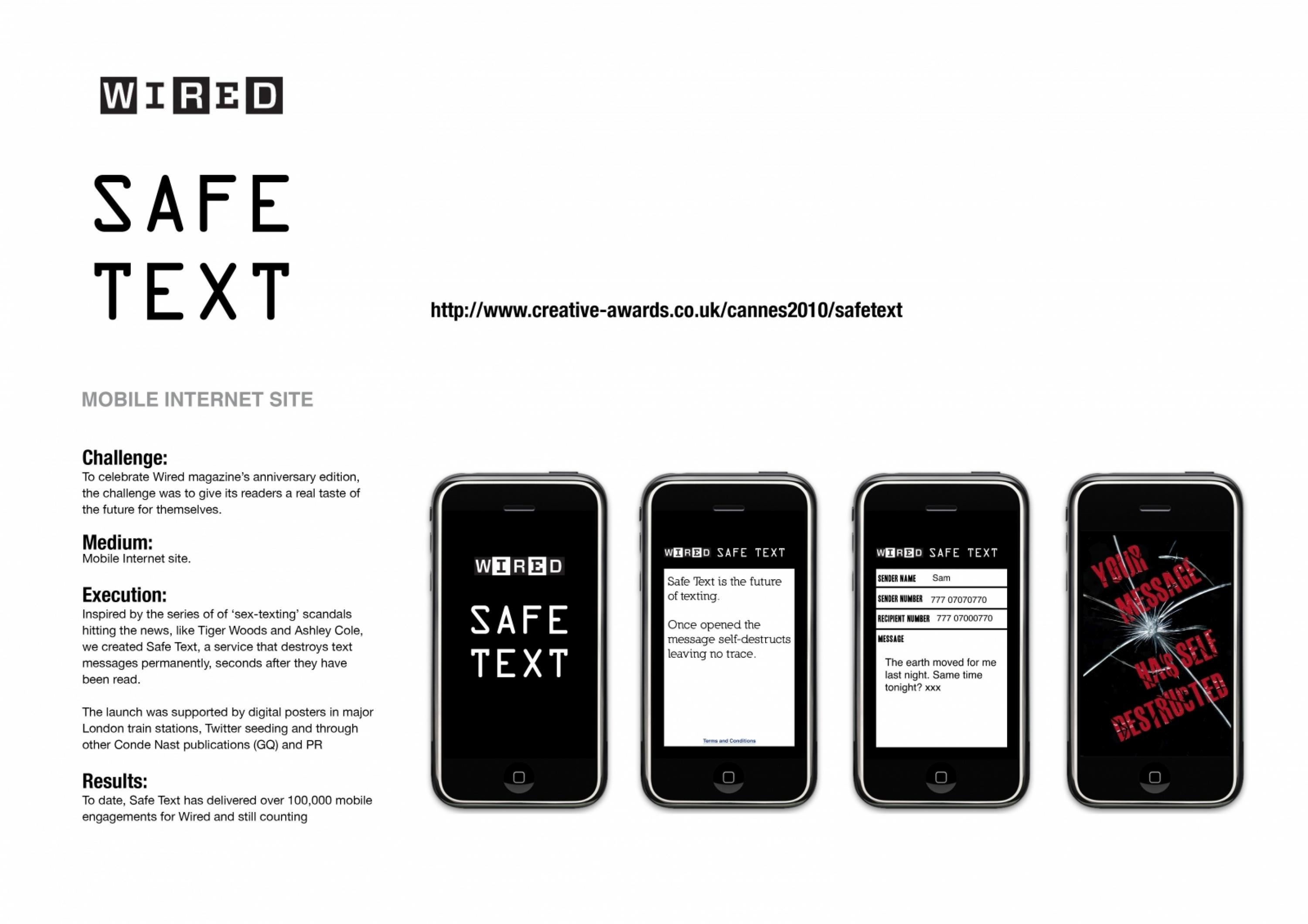Cannes Lions
your plastic diet
GREY MALAYSIA, Petaling Jaya / WORLD WILDLIFE FUND (WWF) / 2020

Overview
Entries
Credits
Overview
Background
Plastic is an environmental catastrophe, yet it felt far away, literally in the ocean.
But the only way to 'really' stop plastic is a globally binding treaty, the only way to do that is lobby governments.
Brief: Galvanise enough public support to enable the WWF to lobby country governments to support the treaty
Objectives
1: Attitude – grab the people’s attention from around the world.
KPI: Reach 1.75 billion people, generate 100,000 organic posts.
2: Behaviour - galvanize the planet’s people into action.
KPI: 1 million supporters, from 50 different countries.
3: Action – generate commitments from governments.
WWF needed half of the UN’s members to commit to a globally binding plastic treaty in order to start its negotiation. This was securing 97 (over 50% so that it forces a vote) of the 193 member nations ahead the UN Environment summit
Idea
IDEA: Your Plastic Diet
Our diets now contain plastic, so our bodies are unavoidably becoming infested with plastic pollution.
We found we’re ingesting 100,000 microplastics a year, this equates to 250 grams of plastic which means people are consuming 5 grams of plastic pollution every week. What plastic object weighs 5 grams and is globally ubiquitous, with 20 billion of them in use? A credit card.
By quantifying the huge amount of data into a single fact and visualizing it into a universally recognizable device, it made the statistics personal and ACTIONABLE and plastic pollution UNFORGETTABLE. It made the plastic problem PERSONAL – this is a piece of plastic that has people’s name on it, it’s with them every day.
With this single, universal scientific fact, we could turn the billions of credit cards in people’s pockets into a personal and confronting reminder of the urgent need for change.
Strategy
HUMANISING THE TRILLIONS
The University of Newcastle was commissioned to analyse scientific studies about human consumption of microplastics. It found the average person consumes around 100,000 microplastics every year.
QUANTIFYING THE DIET
100,000 microplastics equates to approximately 250 grams of plastic a year. People are therefore ingesting 5 grams of plastic pollution every week.
What plastic object weighs 5 grams and is ubiquitous around the world, with 20 billion of them in use? A credit card.
YOU’RE EATING A CREDIT CARD A WEEK.
This direct and single-minded fact became the centre of gravity for the entire campaign. It made the data RELATABLE and plastic pollution UNFORGETTABLE. It made the plastic problem UNIVERSAL yet PERSONAL – this is a piece of plastic that has people’s name on it, it’s with them every day, this fact turned everyone’s cards into a personalised media channel
Execution
Plastic Diet was announced to the world’s media via WWF’s Singapore HQ.
A campaign toolkit in 11 of the world’s most popular languages enabled WWF’s 40+ offices to generate their own media placements and an 'always on' in-house studio helped repurpose assets for the WWF offices who generated pro-bono media spaces.
Bespoke mailers containing cardboard credit cards were sent direct to 1000's of influencers in key countries
All activity pushed people to an interactive campaign site, compelling them to sign the global petition and aggregating all of the pledges
Plastic Diet gave WWF a platform to interrupt and influence political systems. Packs featuring a physical version of the campaigns’ card, along with the massive weight of the public support via the signatures, were used by WWF teams to engage politicians, influencers, civil servants and governments in conversations, meetings, summits, and conferences, from the G20 to the UN throughout 2019.
Outcome
Plastic Diet has become WWF’s largest and fastest growing single public action in its’ 60-year history, with over 2/3 of world governments signed up
1: Attitude KPI: Reach 1.75 billion people, generate 100,000 organic posts.
Over 400,000 pieces of media coverage were generated after 45 separate WWF offices activated the campaign. Every major news outlet from all seven continents covered the story.
Result: 5.2bn - 300% of target; 600,000 organic posts – 600% of target.
2: Behaviour KPI: 1 million supporters, from 50 different countries.
Result: 2.03m supporters, 200% of target; Pledges from 181 countries, 320% of target.
3: Action KPI: Public commitment of 97 governments by the end of 2020.
Result: 131 governments have publicly called for an agreement on plastic or agreed to consider it – 135% of target. This means ahead of the UN Environment summit, WWF has secured more than enough support to table the treaty.
Similar Campaigns
12 items
